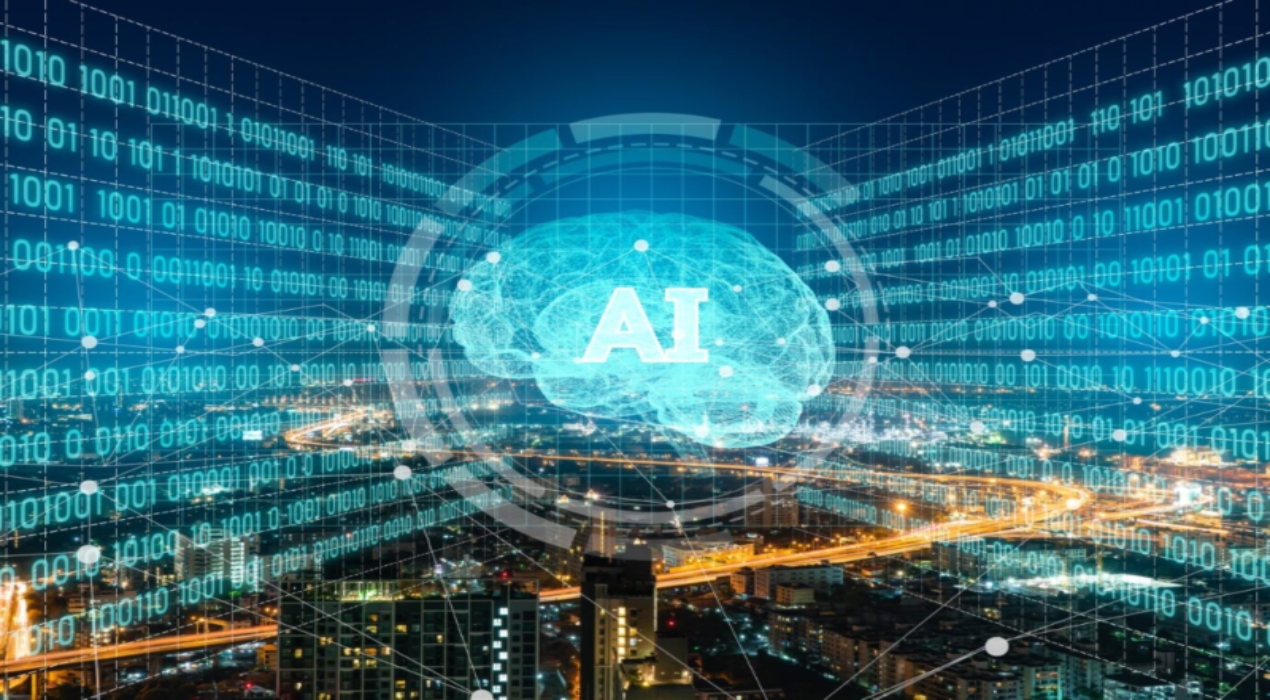
Above image source: http://gec.jp/citycoop/osaka-hcm-lcc/en/about/lcc.html. © avian / 123rf.com via UNIDO report
The United Nations Industrial Development Organization (UNIDO), the specialised agency of the United Nations which promotes and accelerates Inclusive and Sustainable Industrial Development, released a report (Accelerating clean energy through Industry 4.0) on August 30, looking at how Industry 4.0 and Sustainable Energy initiatives might be linked together. This could simultaneously help achieve the UN Sustainable Development Goals (SDGs) related to affordable and clean energy (SDG 7), industry and infrastructure (SDG 9), and climate action (SDG 13).
The report notes that sustainable energy transition and Industry 4.0 share important characteristics. Both are highly influenced by technological innovations, dependent on the development of new suitable infrastructures and regulations as well as are potential enablers for new business models. Moreover, industries account for a major share of electricity consumption (42.5 % worldwide in 2014). But this has not yet translated into substantial policies to foster the transition to more sustainable energy systems and digital production at the same time and in an integrated way.
Two ways in which sustainable energy systems and the digital transformation of industries could mutually benefit from each other are as below.
Enabling smart energy through Industry 4.0 technologies
Developments in ICT, the spread of Internet access and mobile devices such as smartphones, and the development of Blockchain or Distributed Ledger technology are enabling new approaches and business models in the energy sector.
Smart grids
Digital technologies could offer solutions to the challenges of integrating renewable energy sources into small and large power grids. Smart grids, which are now widely discussed, draw on the potentials of ICT to monitor and efficiently manage the generation, delivery, and consumption of electricity from different – potentially decentralised – sources of electricity to meet the varying electricity demands of end-users. Such grids could provide the flexibility necessary to integrated renewable energies such as wind and solar into electricity networks on a large scale. However, many technical and regulatory barriers to smart grids remain. According to the study, the implementation of smart grids is unlikely to be done by the market alone.
Virtual Power Plants (VPP)
VPPS are heterogeneous coalitions of distributed energy resources, generally composed of intermittent renewable sources, storage systems, flexible loads, and small conventional power plants that need to negotiate some bilateral contracts in advance prior to participating in the day-ahead market. VPP usually has a cloud-based central or distributed control centre and makes use of the Internet of Things (IoT devices and other digital technologies.
Saving energy in the manufacturing sector
The optimisation or replacement of specific technologies and the application of new software tools can offer opportunities for energy saving. An example could be the control of the behaviour of a large number of interconnected robots by an algorithm that reduces their energy consumption.
Digital technologies also offer the chance for the replacement of conventional, often more energy-intensive manufacturing procedures. In traditional methods of production, all features are included to meet the needs of all customers. There is no way to customise. The physical realisation of every function and feature requires resources. A digitised value chain can make on-demand customised products technologically feasible, providing the opportunity for eliminating unnecessary functionality.
For the production of prototypes or products with low lot sizes, Rapid Prototyping technologies can provide a cheaper, quicker and more energy-efficient alternatives.
A data connection of the factory with the energy system can help detect the current level of renewable energy in it or the market price, so that energy generation and energy consumption can be converged.
Demand response approaches can be used for time-flexible but energy intense production processes, timing production phases according to the availability of cheap electricity in the energy market (due to surplus of renewable energy) whenever possible.
For some industries with high thermal capacities or steam-based processes, Power-to-Heat concept can be used, which means that a surplus of renewable and therefore reasonably priced energy is converted into thermal energy (e. g. steam) that can be stored or directly used (typically temporarily substituting gas heating processes). It can also be applied on a smaller scale in private homes.
Leapfrogging the stage of high fossil fuel consumption for industrial development
The report looks into two development pathways towards more sustainable energy: developed countries could retrofit their systems to improve energy efficiency, while developing countries could industrialise in a more sustainable manner by jumping from older technologies to very modern ones, such as smart factories and decentralised microgrids.
Industrialised countries are now operating within established industries and infrastructure that enabled considerable economic growth but led to high energy consumption with detrimental effects to the environment. Connecting Industry 4.0 and sustainable energy initiatives could stimulate major opportunities in carbon intensive industries via digitisation, automation and optimisation.
But today’s developing countries have access to energy technologies that did not exist when current industrialised countries were at similar stages of their own growth. This could allow them to avoid passing through a stage of high fossil fuel consumption for industrial development. ICT and advanced technology in general, could play a key role in helping them cope with some of the most pressing challenges like energy access and connectivity, while avoiding carbon lock-ins.
To successfully realise this potential the digital divide needs to be bridged through investments in the development of ICT literacy, skills and infrastructures.
According to the report, the private sector should play a large role in driving technology standards, financial solutions and targeted incentives to accelerate improvements, while the public sector should be responsible for creating enabling policy environments. Financial institutions (both private and public, including international financial institutions) would provide the financial frameworks for unlocking large resource pools for high capital projects.
Read the complete report here.
















